Jan. 14, 1984: Mancini vs Chacon
Boxing is not an old man’s sport and over the decades there have been plenty of what we might call “passing-the-torch” fights, when age gives way to younger legs and faster fists. Rocky Marciano knocking Joe Louis out of the ring and catapulting himself to heavyweight glory. Mike Tyson sending Larry Holmes to the canvas three times in a single round. Oscar De La Hoya battering Julio Caesar Chavez, and then, a decade later, Floyd Mayweather establishing his own dominance by outpointing “The Golden Boy.” In each case the loser soon retired with grace, legendary status intact, as the victor went on to cement his place in the pantheon of great fighters.
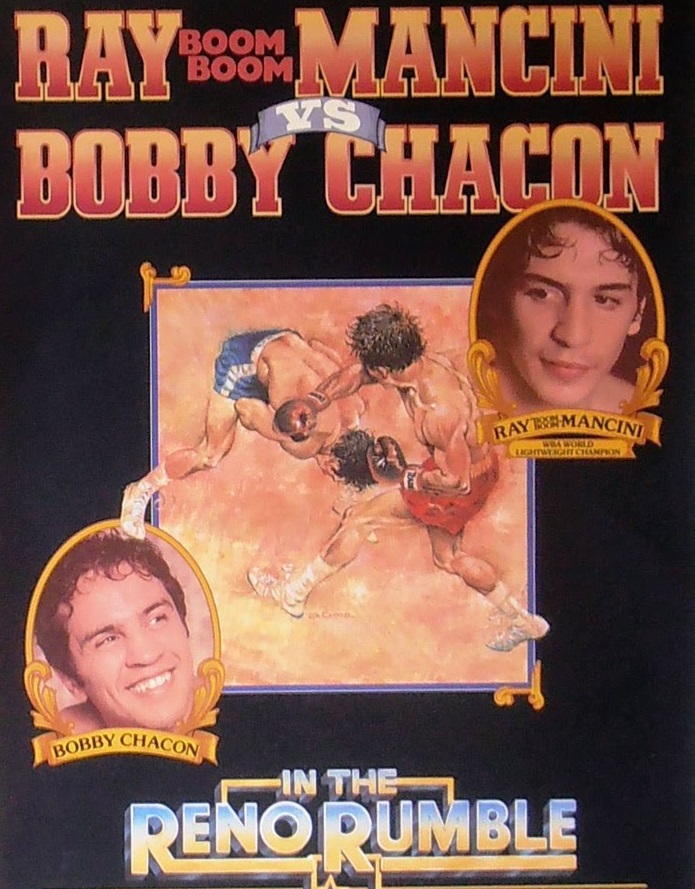
That’s what was supposed to happen when young superstar Ray “Boom Boom” Mancini faced former two time world champion Bobby Chacon, aka “The Schoolboy,” in 1984. Mancini was 22, already a champion, and ready to rule the lightweights for the rest of the decade. Chacon, a decade older and the veteran of clashes against fellow Hall of Famers Ruben Olivares, Danny Lopez and Alexis Arguello, was moving up in weight after a series of brutal championship bouts at 130 pounds, and could do very little to tarnish his legacy at this point. It was a classic fight to cement Mancini as the new star, and to allow Chacon to leave the ranks with dignity.
But that is not what happened. While the in-ring action of Mancini vs Chacon was about what people expected, it actually marked the last time either man did what the boxing script said he should.
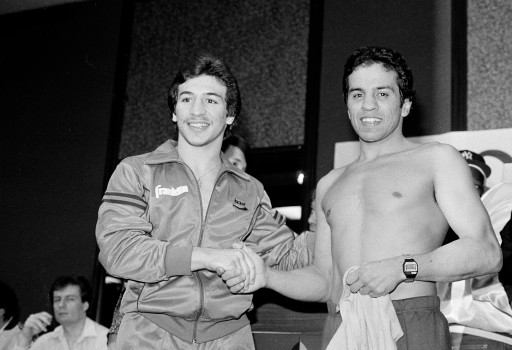
On the night, Mancini was clearly the bigger man. While Chacon looked narrow and had little tone in his upper body, Ray looked like he’d been carved from marble by a renaissance sculptor. In fairness, Chacon had appeared the smaller man in many of his fights before going on to win, but that’s one thing when a boxer is in his ascendancy, and another when he’s on his way down.
Despite his granite chin, everyone knew Bobby would have to stay off the ropes to have a chance against the powerful Mancini, and for much of the opening round that’s what he did. But then Mancini shoved Chacon out of a clinch and onto the ropes and he then kept the challenger on the back foot for the rest of the frame. Within a minute of round two, Bobby was cornered again and taking a beating from Mancini, ducking and slipping the best he could, but the blows were connecting for the champion, and even the Chacon fans in the stands could see their man was out-gunned and over-matched.

The third was more of the same and at just over a minute into the round referee Richard Steele stopped the fight. It was an odd stoppage as Steele first stepped in to end it, but then saw Chacon throw another punch and let things go for a few more moments before finally bringing the one-sided ordeal to a halt. Nonetheless, no one watching could have doubted a Mancini victory would be the eventual outcome, and Steele undoubtedly acted in the best interests of the bleeding Chacon. As he wrapped his arms around the defeated man, Bobby said, “Thank you.”
So the fight went according to plan, as did the post-fight quotes where Mancini called Chacon his hero, and Bobby said with his characteristic grin, “Ray, we were supposed to be friends. How come you beat me up?” Mancini smiled and replied, “Just business, Bobby. Just business.” It seemed as though the torch had been passed.
Boxing, though, is a strange trade. Chacon would actually fight on for another four years and, unlike most fighters who go on past their primes, he won every bout. He never fought top contenders again, but he beat Freddie Roach and former champion Arturo Frias. In a way, Chacon became the typical fighter who stayed on too long, unable to recover squandered winnings or quit the only life he’d ever known—except that somehow he avoided the ignominious losses so many former champions suffer. The only thing that happened to him which one might expect was the onset of pugilistic dementia, which severely affected him until his death in 2016.
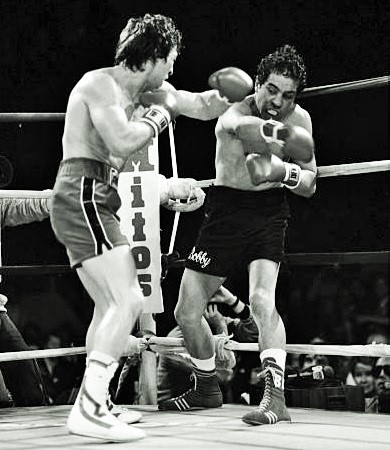
But Mancini took an even stranger path. Though he appeared ready to begin a legendary career, he never won another fight. In his next bout he lost his title to Livingstone Bramble, then lost a rematch, and then retired for four years. The reason was, of course, that Mancini had never really gotten over his infamous fight with Duk Koo Kim in 1982. In that unforgettable clash, Mancini prevailed in a grueling slugfest, knocking his brave challenger out in round 14; Kim collapsed in the ring and days later died in hospital. The tragic fight and its aftermath have since been documented in the excellent book The Good Son and the subsequent documentary film of the same name.
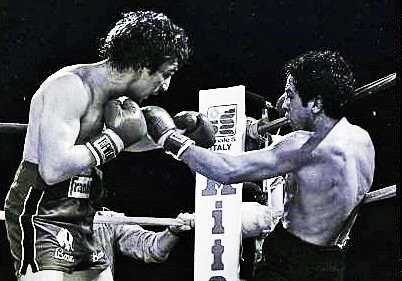
Any boxing fan understood that Kim’s death wasn’t Mancini’s fault, that all boxers know and accept the risks when stepping into the ring. There had been no foul play in the match, and while it was Mancini’s punches that caused Kim’s mortal damage, none were thrown out of malice. That fight, too, was just business.
Nonetheless, Mancini couldn’t shake his depression despite his successful return to the sport—Chacon was his fourth opponent after Kim—and jocular exchanges with his defeated hero. Underneath, the darkness of what he’d done a few years before lay undiminished. It took him decades, and eventually a meeting with Duk Koo Kim’s son, to be at peace again. In the end, despite both Chacon and Mancini being elected to the Hall of Fame, it’s Ray’s dark journey that sparks people’s imaginations even today, while outside of boxing circles Chacon was largely forgotten until his death—a tragic story in its own right.
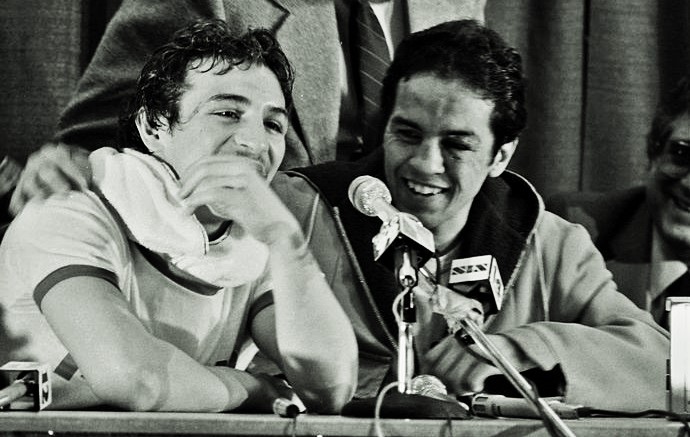
In 1987, Warren Zevon wrote a song called “Boom Boom Mancini,” about Ray and his life, his wars with Arguello and Kim, and the Chacon fight anchors the chorus:
“Hurry home early, hurry on home.
Boom Boom Mancini’s fighting Bobby Chacon.”
That sums up the odd narrative that followed Mancini vs Chacon. With everything these two fighters endured in the years after, it was Mancini who remained in people’s minds. No doubt that had much to do with the story of his life, his storybook quest to fulfill his father’s ambition to be a world champion, along with his exciting battles against Arguello and Frias, but it no doubt also had something to do with that savage fight with Kim and a death in the ring. I’m sure Ray would rather it have been different, but nonetheless he got the song, and Bobby Chacon only got one line. — Joshua Isard

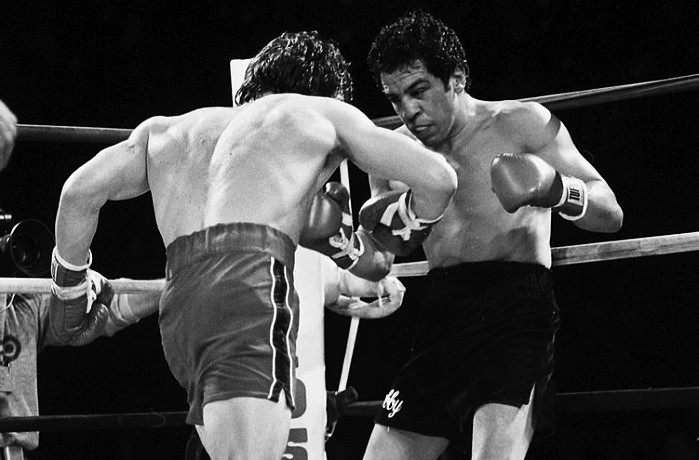

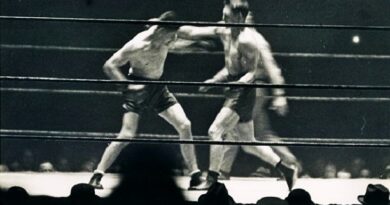
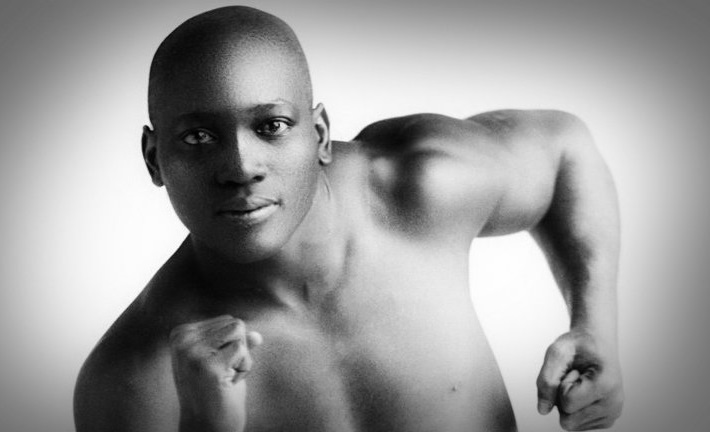
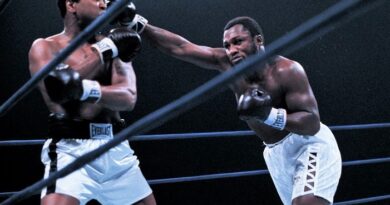
Good article. That was a good fight but a painful one to watch.